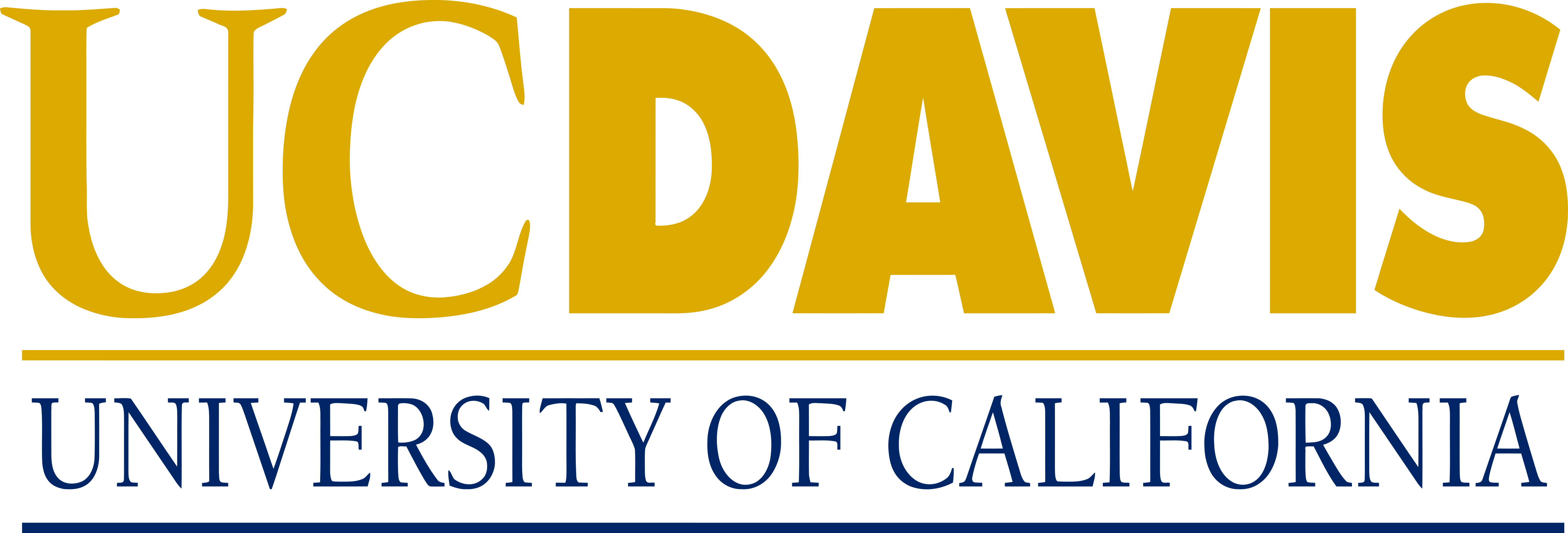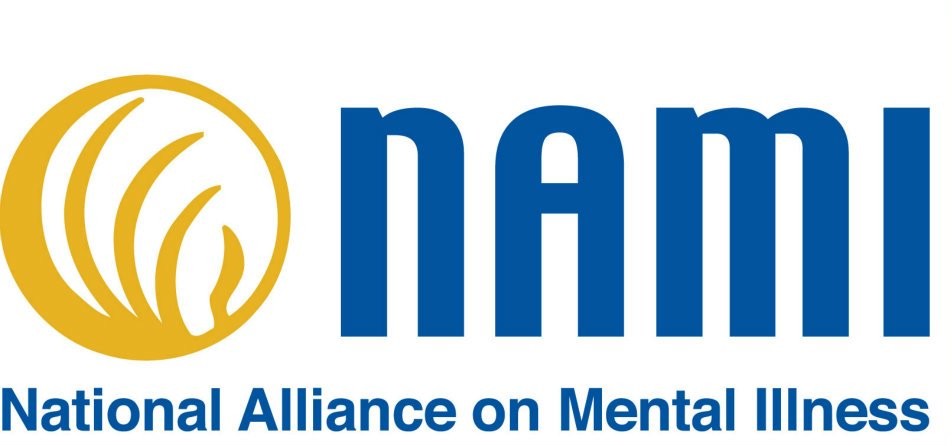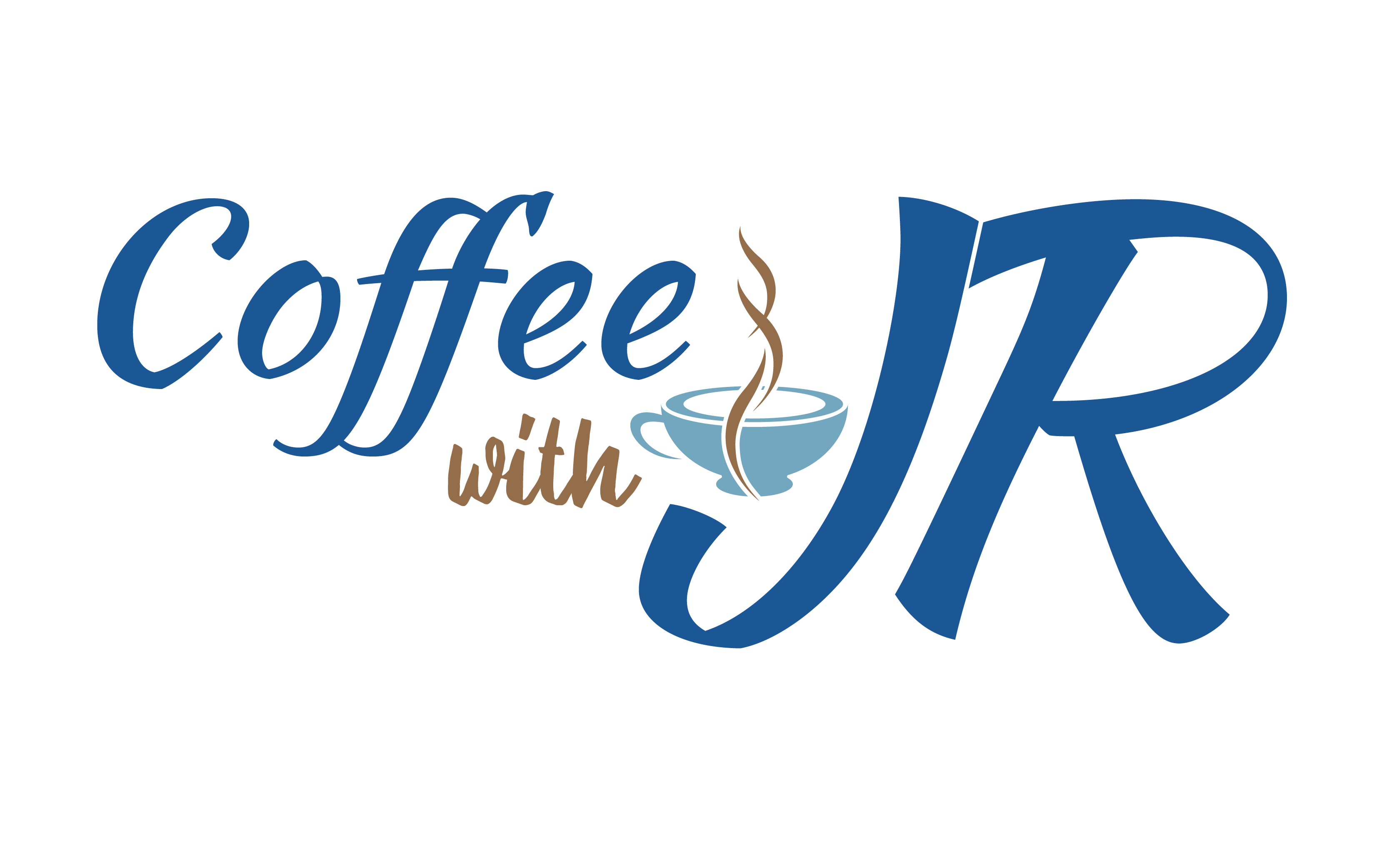MENTAL HEALTH TRAINING
Trainings and workshops are designed to spark participants’ inner inspiration and strengths. These workshops provide a safe space where we find solace and discover ways to tackle our fears, failures, depression, anxiety, and the gravity of this world. It’s where we discover tools and techniques that enhance our everyday experiences.
DARE TO BE: OVERCOME MENTAL HEALTH STIGMA AND PROVIDE SUPPORT
There is no health without mental health. Unfortunately, due to cultural stigma, mental health is still unspoken in our society and in the Asian American community. Study after study has shown that the ability to talk about mental health issues can tremendously decrease an individual’s stress level and improve the overall quality of life.
This virtual workshop provides a safe space and professionally guided discussion for participants to talk about their mental health struggles and hopes. This workshop does not train participants to be clinicians; instead, it is designed to educate on various common mental health issues and about how to provide support and assistance for friends and family that are experiencing mental health challenges.
Participants will explore their internal and external identities and how these may impact their perceptions of mental health. From there, we will learn about the common signs and symptoms of depression and anxiety. Then, participants will learn how to use the Six Supporting Tools to respond and assist someone else who is experiencing mental health challenges. This workshop is equipped with interactive case studies and small group discussions for participants to practice the Six Supporting Tools.
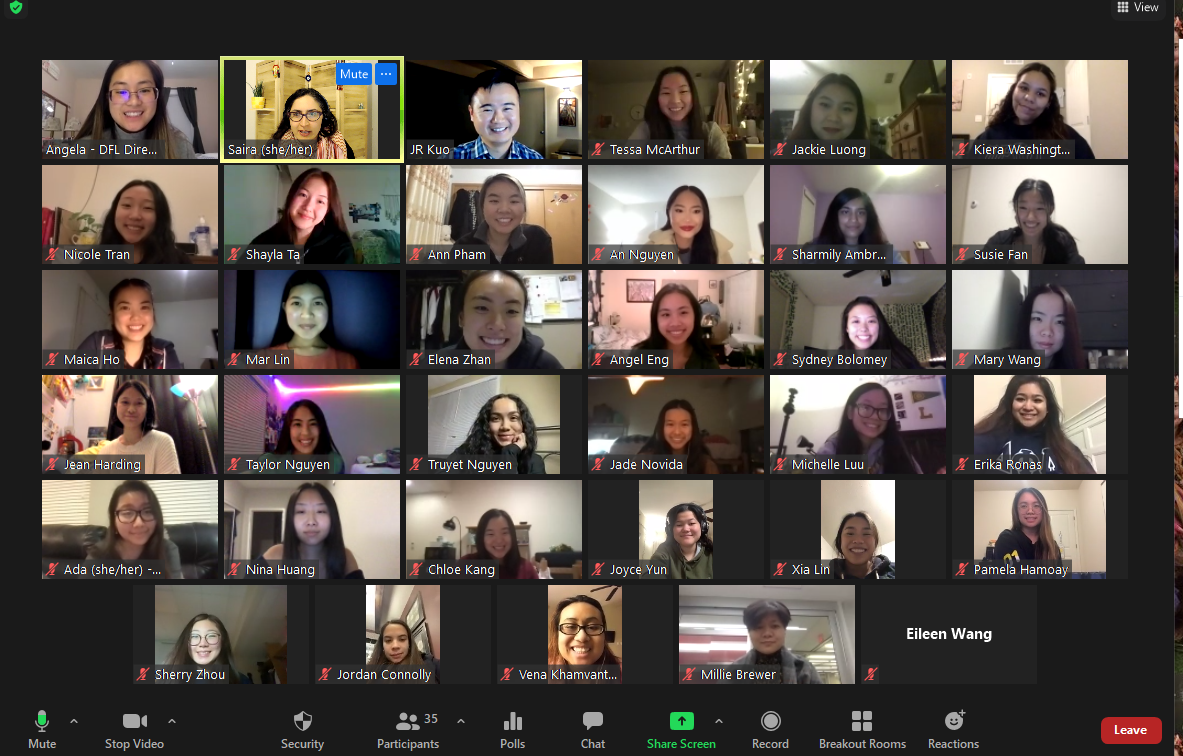
Photo: Group picture of Delta Phi Lambda Sorority that attended the DARE to BE webinar on Jan 28, 2021
MENTAL HEALTH WORKSHOP TOPICS
- Financial Wellness
- Managing Stress and Depression
- Mental Health and Communication Skills
- Mental Health and Self-Identity
- Mental Health and Inter-Generational Communication
- Mental Health and Professionalism
- Mental Health and Self-Care
- Mental Health and Immigration
- State of Positive Mind
- Suicide Prevention
PERSONAL TRANSFORMATION TOPICS
- Daily Gratitude Practice – the best medicine for fighting stress, fear, anxiety, and depression
- Taking Back Control – be the master of your smartphone instead of the other way around
- Achieving Whole Health
- The Power of Meditation and Focus
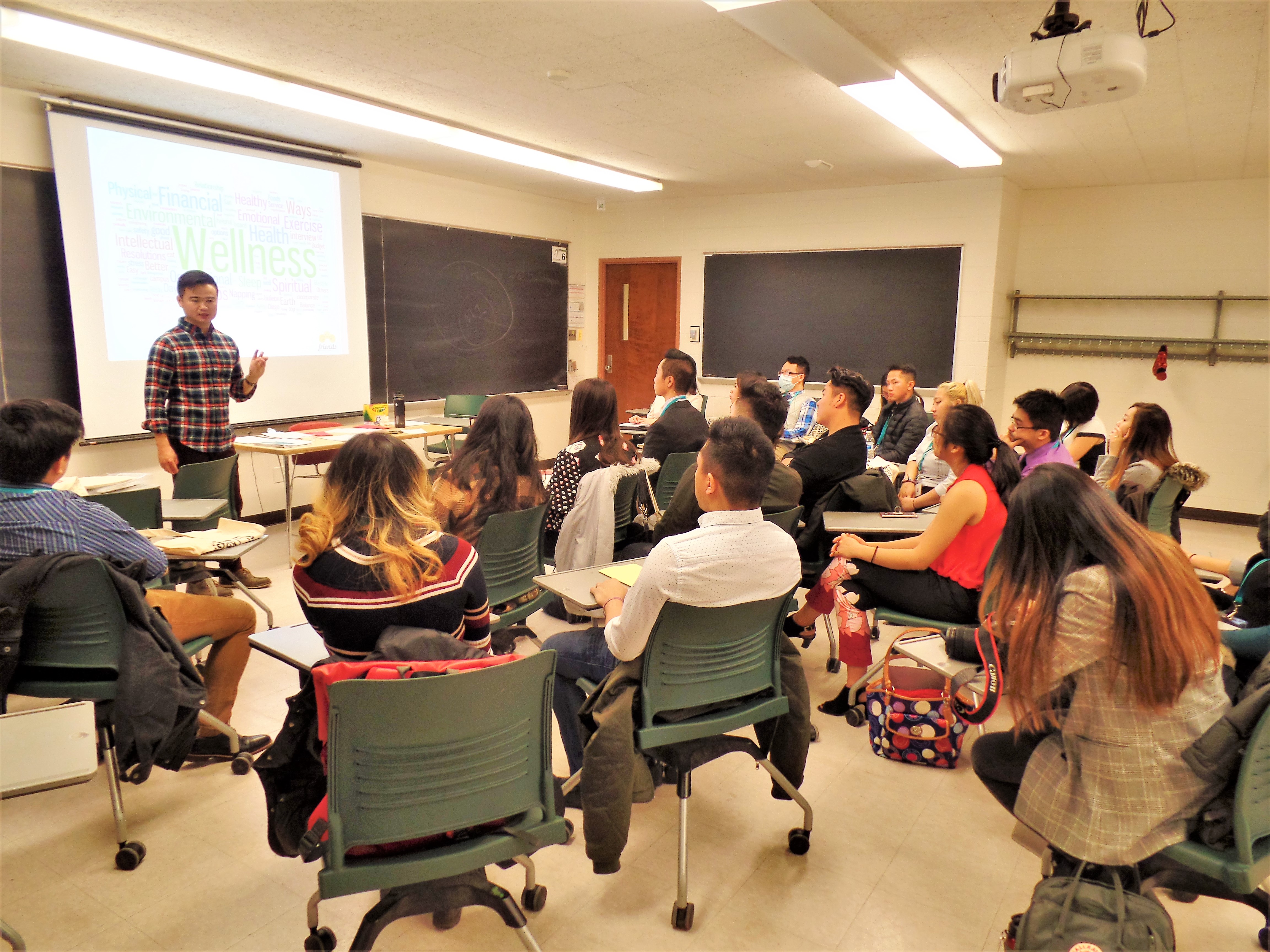
TRAINING OPTIONS
WORKSHOPS: A 1-hour or 2-hour session on mental health that can be incorporated into an ongoing conference or campus activity
HALF-DAY TRAINING: Learn how to address specific issues such as managing depression and stress, communication skills, self-care, and suicide prevention
A DAY TRAINING: This includes strategies on how to develop ongoing mental health awareness programs on your campus or within your organization
PROFESSIONAL SPEAKING: Inspire your team, organization, or community with content delivered directly to you
WHAT PEOPLE HAVE SAID ABOUT JR KUO’S TRAINING
JR led a powerful workshop about the importance of mental health awareness surrounding the student body at RIT. Richard Yu, philanthropy chair of Lambda Phi Epsilon, described how the event “felt refreshing to host a diverse group of individuals from various backgrounds and to hear about their experience with mental health.”
Working with JR, I discovered tools and techniques to help others and became so much more confident in my ability to empathize and communicate with others who may have experienced mental health issues. His approach helped reinforce mu learning and provided me with much to think about, skills to apply when back at my own college campus, and stretegies to use when leading workshops
After attending JR’s mental health workshop at the SASE national conference, I gained more confidence in talking about mental health-related topics. I recall the activity where we wrote down some of our struggles, taped them onto the wall, and got a chance to read over one another’s. I realized how much I had in common with my peers – specifically after reading about the stigma behind mental health, and how most of us are afraid to speak out because of comparison and judgment. This workshop really helped me better understand what I can do to reach out for resources, and how I can help others. The biggest takeaway is that “I am not alone”, and I also hope that society talks about mental health like how they talk about sports. This was overall a very inspirational workshop, and I am so glad I got to participate in it.
I attended a workshop previously from another presenter about why the sigma for mental health exists, especially among Asian Americans exists. However, that workshop did not offer any ways to understand mental health at its source, and how to combat the stigma behind it. As someone who struggles with mental health occasionally and knows many people struggling with mental health, I wanted to understand it more.
I think for a lot of immigrant families, mental health discussions always exist, it’s just never said out loud in the family or household. Maybe some families are open to talking about the traumas of having to get here to the United States, living in an entirely new world, and also the feeling of never truly being free despite escaping for freedom. I think I navigated a lot of my life always feeling emotionally and mentally distraught, and it wasn’t until I had the opportunity to be trained with NAAPIMHA in their Friends DO Make a Difference campaign that I realized there was a language to explain everything I felt and truly categorized my feelings, upbringing, and cultural background all in one space. I don’t think a lot of spaces exist where Asian Americans talk about mental health and wellbeing, and NAAPIMHA is definitely one of them, which is why I found the Friends DO Make a Difference’s Train the Trainers to be paramount and fruitful to have on college campuses where our lives really pick up, maybe our historical awareness or perspective of being Asian American shifts, and now we also have to deal with identity crises or coming to terms with what identity truly means as a student, young professional, and just in general.

